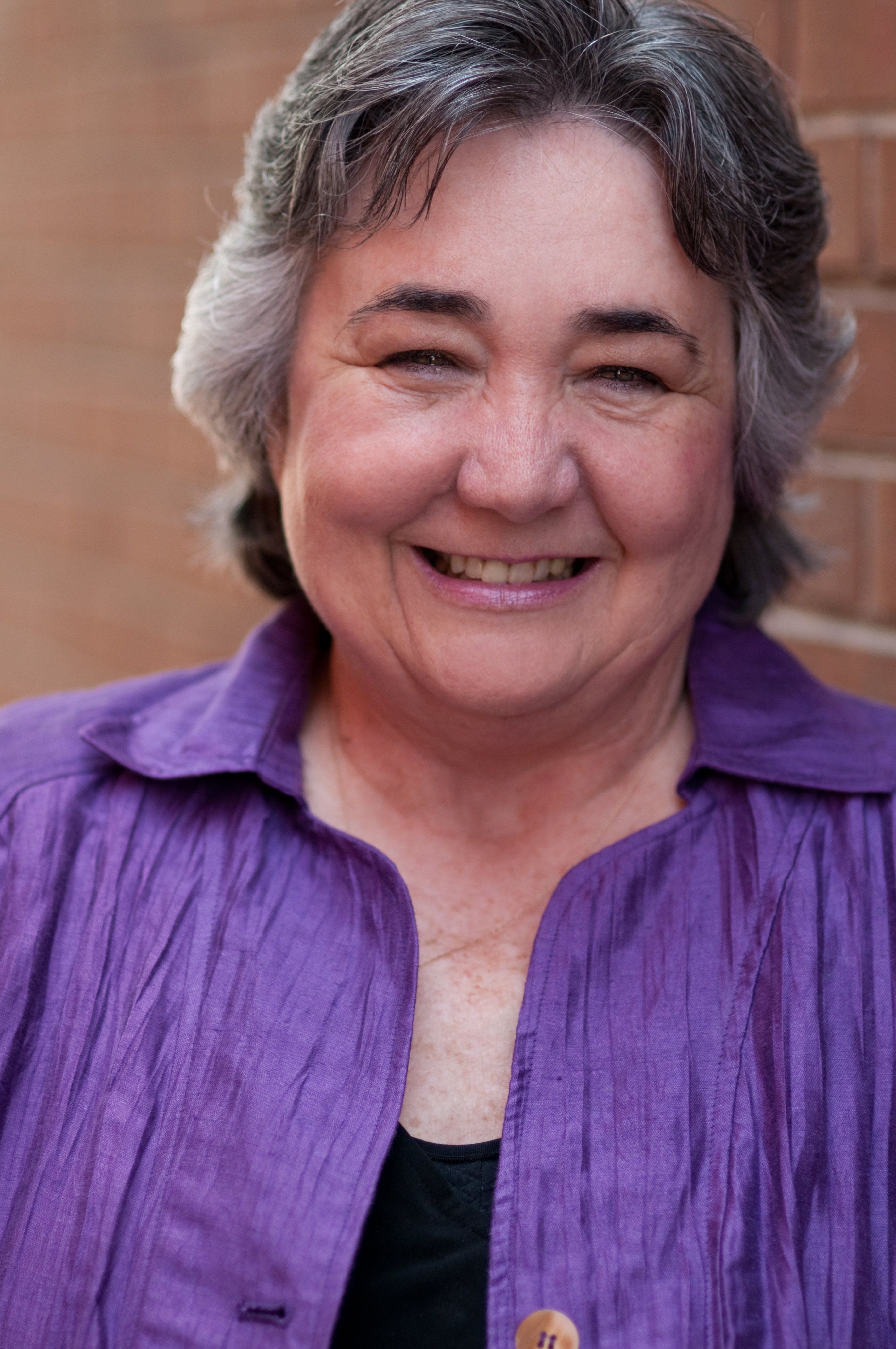When a man or woman comes to you with their story of abuse, they are seeking comfort and healing. And if they are people of faith, they hope that you will pray for them. At this moment, you are God’s eyes and ears. You are offering His gaze of love and compassion and listening with His eagerness to hear. When you pray for them in their presence, you are calling for the presence and power of God to be made manifest in this person’s situation. This is a holy calling!
I’ve had the privilege to sit with people as they tell me what has happened and how they feel. This sometimes happens in a group I am leading, sometimes in the privacy of a counseling session, sometimes over the phone. Without fail, a familiar feeling washes over me. It is a yearning for God’s help to love this person well. It is a prayer that ebbs and flows in the background as I listen to a painful story. “Oh, Lord, what does she need in this moment? What does he need from You, Lord? How can I pray for them?”
May the Lord bless anyone who will hear the story of and pray for people who have been abused. Praying for them is one sure way to love them well.
I have learned a few things over the years that are helpful to remember in just such times as these. Some of these lessons have been woven into classes and workshops over the years. One that I like to present for intercessory prayer teams is called How to Pray for People With Sexual Issues.
Here are the ABC’s of preparation for prayer as I understand them. Most of these thoughts have to do with our own relationship with God—keeping things clear between He and I before we try to help someone else.
Prepare yourself
This is a most important first step. We have an excellent example of this first step from the Psalmist, who asks God to search His heart. We can pray as he did, saying, “Search me, God, and know my heart; test me and know my anxious thoughts. See if there is any offensive way in me and lead me . . .” (Psalm 139:23-24).
Sometimes issues come to mind that we need to take care of, like dealing with the logs in my own eyes (Matt 7:3-3) that might get in our way when we are trying to help someone else with the splinter in theirs. This might include confession of sin, or simply a time of letting go of distractions and allow God to focus us on the here and now—otherwise known these days as practicing Mindfulness. Submission to God’s purposes and His understanding rather than our own (Proverbs 3:5-6) is a good launching pad for the next step.
Remember who the source of healing and comfort is
The next step in preparation to pray is to remember that it isn’t you bringing the healing, the comfort. It is the Holy Spirit, the Comforter, who makes Himself known to people—our part is to be His messenger. Our part is two-fold, I believe—to pray in the Spirit and with understanding (1 Corinth 14:15). We are to study and learn best practices in order “to be ready when you are asked”, (2 Timothy 2:15 and 1 Peter 3:15) and to remember always Whose power is at work, “Not by might, not by power, but by my spirit says the Lord (Zech 4:6).
Fellow travelers
A final step in preparation to pray is to make sure the person you are talking with knows that you see yourself as a fellow-traveler along the journey with God. When we see ourselves in this way, then the person will experience being prayed for, not prayed at, so to speak. I once talked with an activist who was angrily protesting a conference where I was leading a workshop. I said, “Can I ask why you are so angry?”
He put down the sign he was carrying and told me of losing six friends to AIDS in the past year and how hurt he was by the judgement of Christians in his own church. I said, “I am so sorry; I have lost friends as well. Please know that I don’t see myself as any different than you. Whatever is not yet right in my own life is no different than what anyone may be pointing out in your life. We are in the same boat, I believe.” In the aftermath of identifying with him, he trusted his story to me and let me pray for him.
There are other specific issues to consider when we enter into praying for people, especially people who have been traumatized. For example, for those who have been sexually violated, touch is a volatile issue and we need to ask before touching even their hands in prayer. That’s a good policy for anyone, for that matter.
Move boldly into prayer
I will leave you with an encouragement to move boldly into prayer for people. Do so eagerly, expectantly, for the Lord wants to provide the comfort, healing, resolution, resources, etc. that is needed. It will be a blessing for you to be part of His provision for people.
Please do also pray carefully, according to the Spirit, and always close with a sealing prayer. “Lord, I just ask that as we have prayed and the purposes of the enemy have been thwarted in response to our prayers of faith, that your Holy Spirit will move deeply and fill this person with your healing (love, grace, forgiveness).”

Mary Heathman
Founding Director
Mary is one of the founders of Where Grace Abounds and served as Executive Director from its inception on July, 1986 through March 31st, 2007. She speaks and teaches at churches and conferences across the country. She has also served on several boards of non-profit organizations, is a conference speaker on a variety of topics that include: Intimacy with God, Healthy Sexuality, and leadership development. Currently serving in leadership in her denomination, Mary’s favorite ministry roles are discipleship counseling, group facilitation, and leadership development.
Mary often characterizes herself as “a seeker of Truth” and has a long-standing fascination with human behavior and motivation. Her education consists of lay and discipleship counseling, independent study about the integration of psychology and theology, counseling and human sexuality. She also holds a BS in Human Services and an MA in Psychology from Regis University.
Mary attends a Friends (Quaker) Church.
Make a Difference in Someone's Life
If you enjoy reading WGA’s blogs and would like to show your support, please consider making a donation. Where Grace Abounds is a 501(c)3 non-profit organization. The majority of services, including support groups and discipleship counseling, are provided free of charge. Your financial gifts help to cover the costs associated with offering a free program to those who seek WGA’s services.

